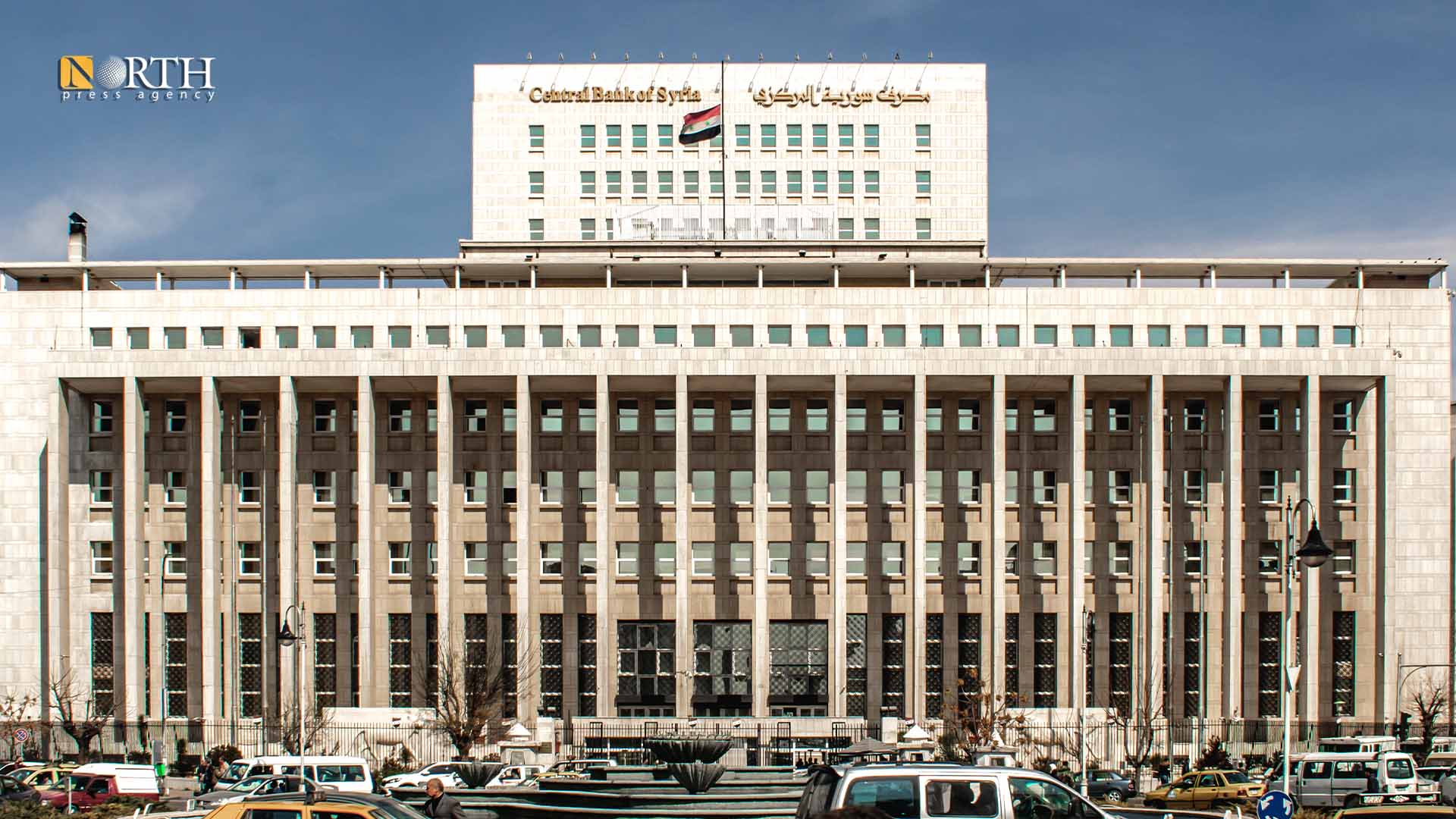Non-productive economy cannot grow with remittances: Banking expert in Damascus
DAMASCUS, Syria (North Press) – No economy can exist without production and be dependent on foreign remittances only; Lebanon is an example, where annual remittances amount to $10 billion, and yet we find that the economy is collapsing, a banking expert said on Thursday.
”Raising the exchange rate of the dollar for foreign remittances will form a pull factor for remittances at first, especially as it approaches the black market exchange rate, but its impact is limited, the dollar will rise again, and the Central Bank will not be able to form a reserve worthy of a country,” he added.
On Wednesday, exchange and foreign remittance companies started to deliver foreign remittances at an exchange rate of 3,175 per US dollar.
”The amount coming from abroad, estimated between three million and five million dollars a day and about three billion dollars annually, is unable to lift the Syrian economy, which has become almost completely dependent on imports,” he pointed out.
”The Central Bank will resort either to setting the exchange rate or financing the import process by selling dollars arriving through
remittances to traders through exchange companies, which is the most common possibility, in an attempt to fill part of the need for the dollar,” he indicated.
However, official numbers for imports amount to about seven billion dollars annually, while the value of imports through smuggling may be equivalent to this value, which is five times the value of Syrian remittances throughout the year. This reveals that the Central Bank’s measure is nothing but an attempt to slow the collapse of the Syrian pound, according to the expert.
The expert stressed that this move “will soon lose its importance with the return of the devaluation of the Syrian pound, the rise in the dollar’s price in the black market, and the weak response of government agencies to the change of the exchange rate.”
At that time, people will return to depending on informal intermediaries to ensure that the delivery of the remittance is according to the price of the black market.
He explained, “The official media is resorting to exaggerating this step in an attempt to inspire hope among the people and cover up the failure to improve the economy, which needs to advance agricultural and industrial production, which affects the interests of major merchants and corrupt people close to the government.”

